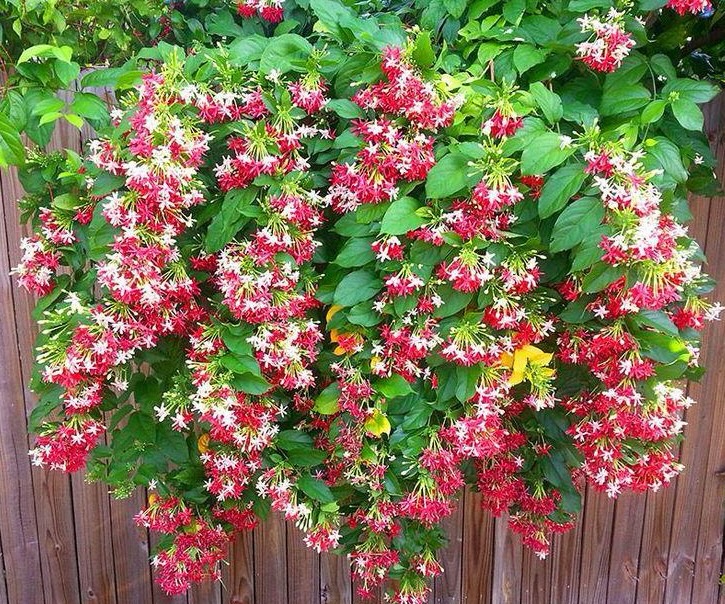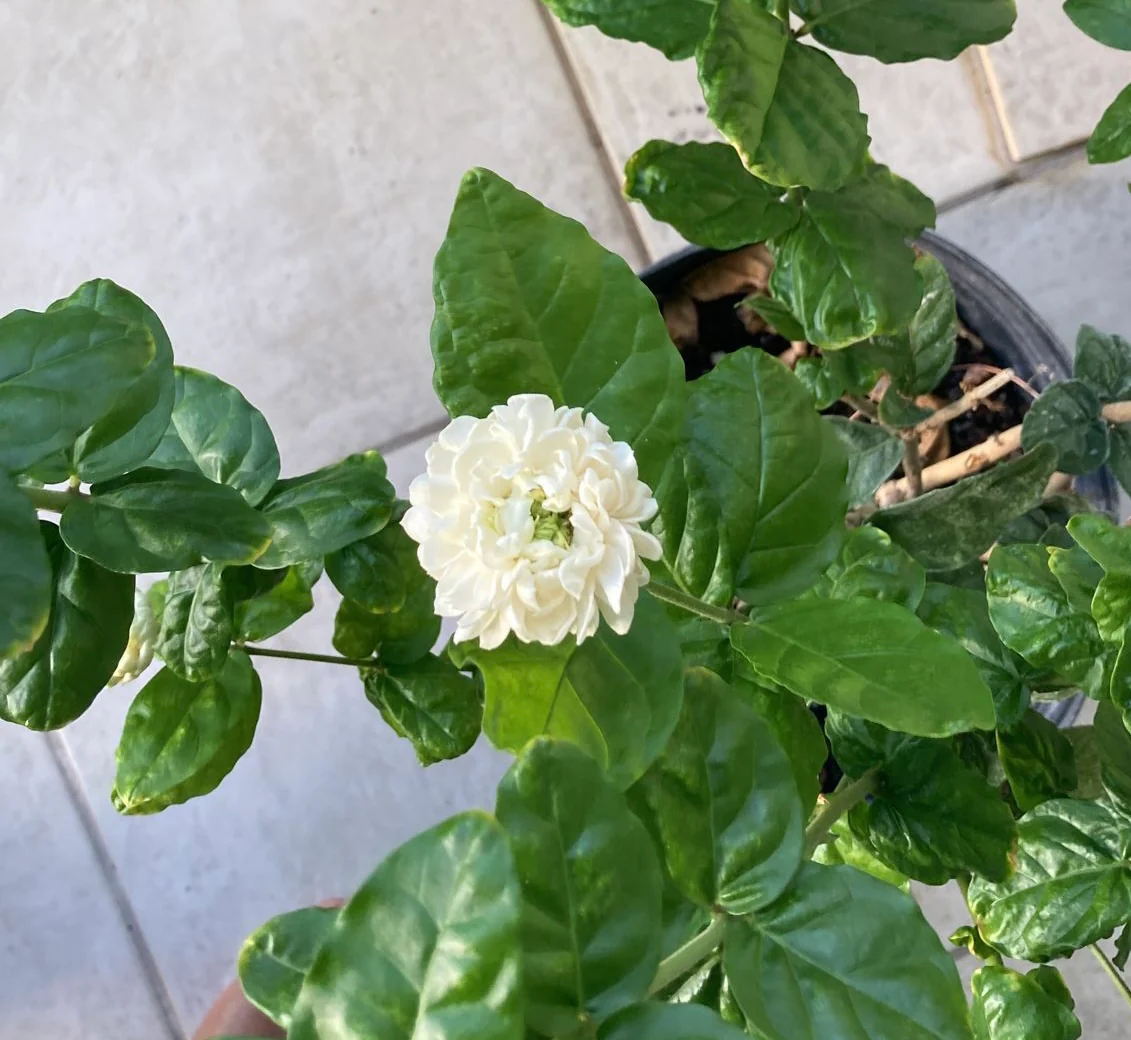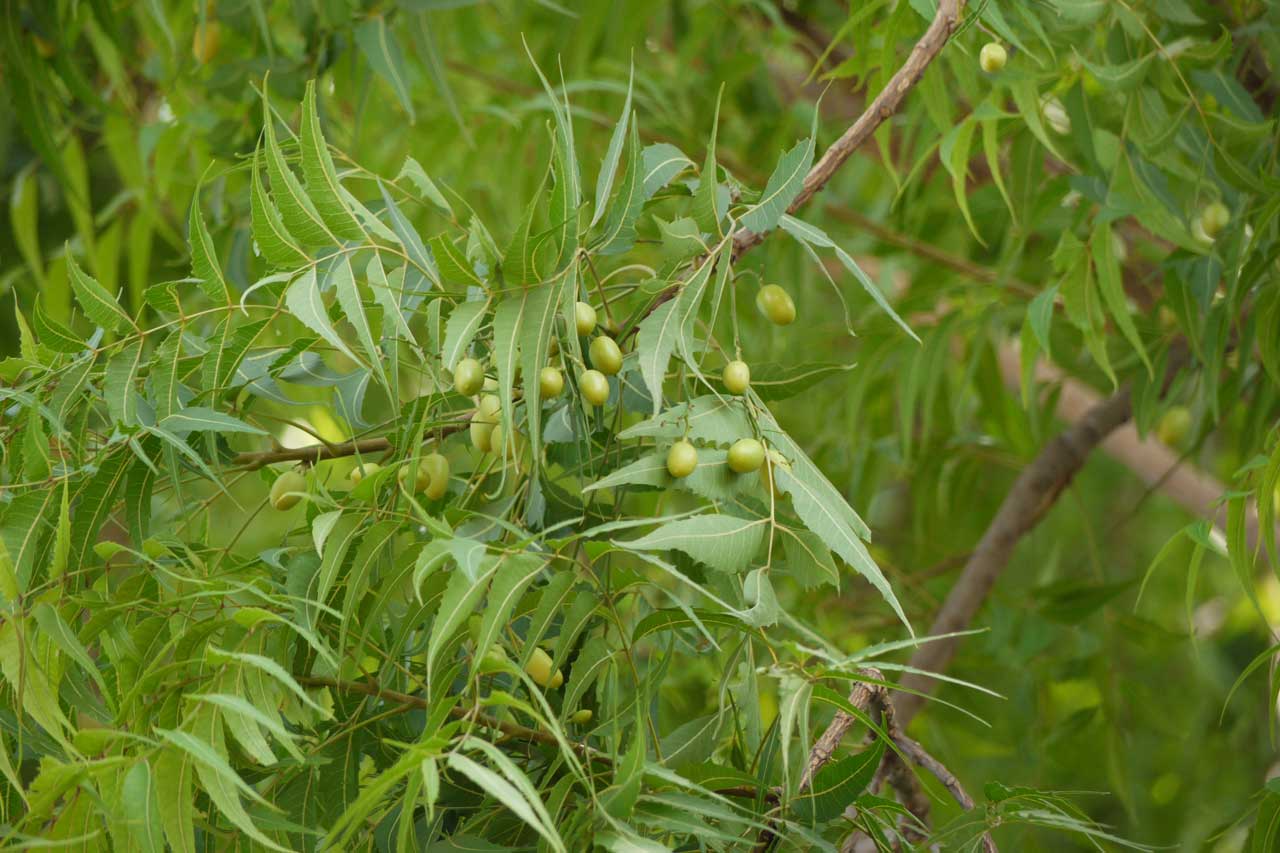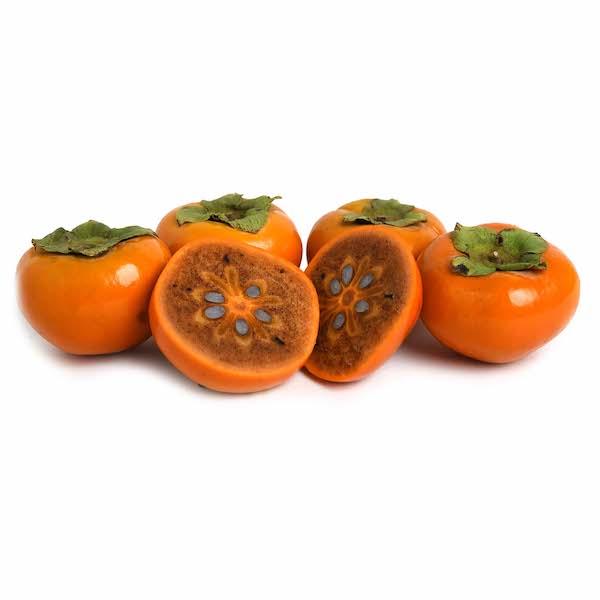
Rangoon Creeper: The Sweet-Scented Wonder
Rangoon Creeper (Aganosma caryophyllata) is a fragrant, flowering plant, native to the tropical regions of India and Southeast Asia. This enchanting climber boasts:
- Heart-shaped leaves with a soft, velvety texture
- Clusters of small, star-shaped flowers in shades of white and pink
- Intoxicating scent, released in the evening, attracting pollinators and admirers
Fragrance and Bloom:
- Flowers bloom in the evening, releasing their sweet, heady fragrance
- Scent is intense and sweet, with hints of honey and orange blossom
- Blooms repeatedly throughout the growing season
Attractive Qualities:
- Evergreen climber with a compact, twining habit
- Attracts pollinators, like moths and hummingbirds, at night
- Can be trained to climb trellises, arbors, or used as a groundcover
Cultivation and Care:
- Plant in well-draining soil and partial shade
- Water regularly, but tolerate some drought
- Prune to maintain shape and encourage new growth
Medicinal Properties:
- Used in traditional medicine for its anti-inflammatory and antioxidant properties
- May help reduce stress and anxiety
- Supports healthy skin and digestion
Experience the Sweet Charm of Rangoon Creeper:
With its intoxicating fragrance and delicate beauty, Rangoon Creeper is a true delight. Let its sweet scent transport you to a world of wonder, and experience the enchanting charm of this fragrant climber.



